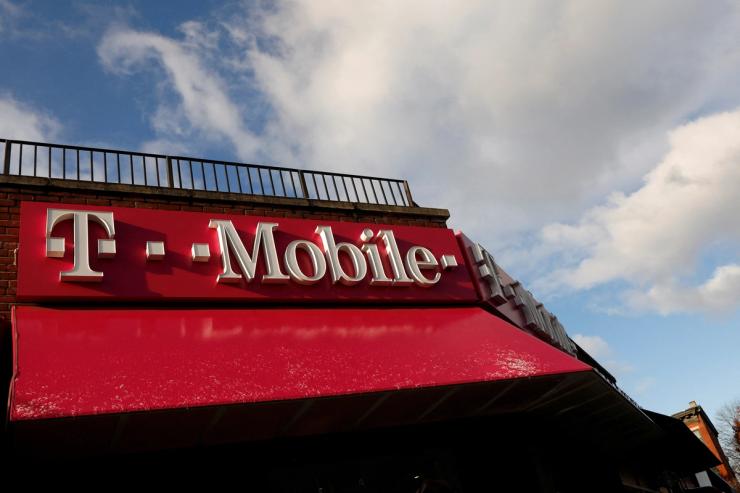T-Mobile is the latest big company to back off diversity efforts in order to stay in the White House’s good graces.
Its promise to the Federal Communications Commission this week to “no longer have any individual roles or teams focused on DEI” was enough of a win for FCC Chair Brendan Carr to post it to his X account, which he has used as a public ledger of strong-arm wins over the past few months. (The FCC is deciding whether to approve several T-Mobile deals.)
But a closer read shows the linguistic dance that big companies are engaged in. DEI staffers will be “redirected to focus on employee culture and engagement,” T-Mobile said. What that means is anybody’s guess, but it probably looks a lot like the status quo, minus some of its cringier performative steps.
First came “greenwashing,” when companies repackaged business-as-usual as do-goodery. Now there’s “greenhushing,” the same process in reverse. Companies may be scrubbing their websites of “sustainability” but are talking more about “resilience.” They are abandoning some of the more explicit quotas — which were always borderline illegal — but executives I talk to haven’t given up on the idea that diversity in their workforces is good business.
Outside of its goofier fringes, the DEI push always had a meritocratic bent. The Ivies don’t have a monopoly on smart people, and expanding the talent pool can bring in qualified candidates who might otherwise get missed. T-Mobile is now promising “equality of opportunity, performance-based rewards, and ensuring we’re a place where everyone can win.” Sensible goals under any acronym.



